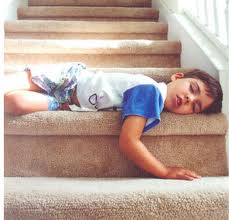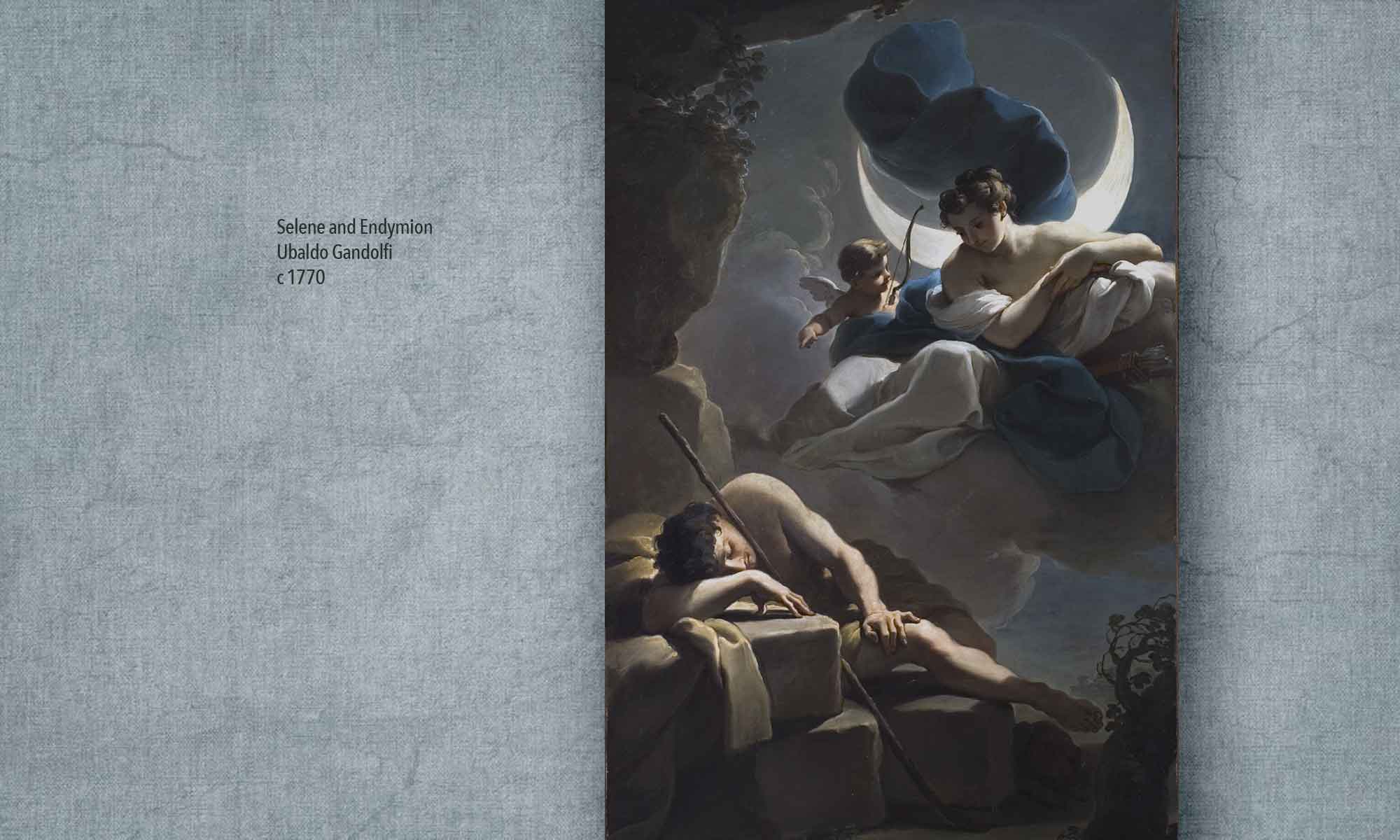 Once you’re ready to perform a word search analysis—once you’ve formulated a question, chosen a dream series, and acknowledged the limits of your approach—you have to decide the length of the dream reports you’re going to study.
Once you’re ready to perform a word search analysis—once you’ve formulated a question, chosen a dream series, and acknowledged the limits of your approach—you have to decide the length of the dream reports you’re going to study.
If you search for reports of any length, your results will include lots of short reports saying “none,” “no dream,” etc. You’ll also get answers like “dreamed of a whale,” or “plane crash,” reports so short that it’s hard to work with them. You might also get super-long reports with elaborately detailed descriptions and additional waking commentary, which are also hard to work with.
Unless you specifically want to study the shortest or longest reports, my advice is to set minimum and maximum word lengths for your searches.
I started by setting the searches for dreams between 20 and 300 words. That gave me 622 reports to study. After I learn more about the series I’ll look at the shorter and longer dreams and find a way to integrate them into the analysis.
One factor I’m always thinking about is how to make my findings commensurable with those of other researchers. For example, the Hall and Van de Castle content analysis system, which has been used as a base of comparison by many researchers, focuses on dream reports between 50 and 300 words in length. Eventually I’ll look at that narrower range of reports, but at the beginning of my analysis I want to cast a wider net and include more reports in my initial assessment, hence the lower minimum length.
So, where to start the word searching?
My immediate, admittedly vain concern was to know whether I was right or wrong about a recent prediction I made about this dream series.
A couple weeks ago I wrote a post about people’s dreams of Harry Potter, drawing on results from another survey on highly memorable dreams I commissioned from Harris Interactive. In that survey 1003 American adults 18 years and older reported dreams between 20 and 300 words in length, and I found two reports using at least one of the following words:
“harry potter” voldemort hogwarts hagrid dumbledore malfoy snape hermione draco
At the end of that post I predicted there would be more HP-related dreams in the Harris children’s survey, which I had not yet studied. Now that I have the children’s survey uploaded into the SDDB, I can quickly put that prediction to the test.
Of the 622 dreams between 20 and 300 words in the children’s survey, 6 of the dreams used at least one of these HP-related words, 1% of the total vs. 0.2% in the adult survey.
It’s not an epic difference, but it’s statistically significant (p=.036), and it makes sense in terms of the different roles the HP novels have played in the waking lives of children vs. adults.
OK, I wasn’t completely wrong. That’s the first thing I wanted to settle.
